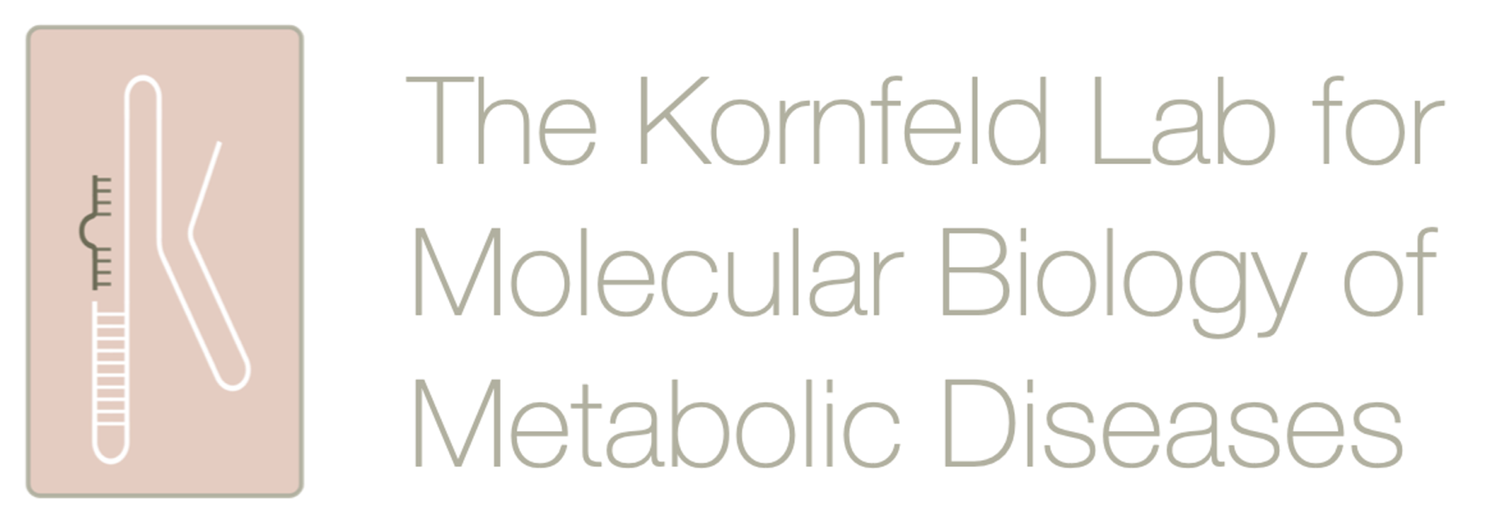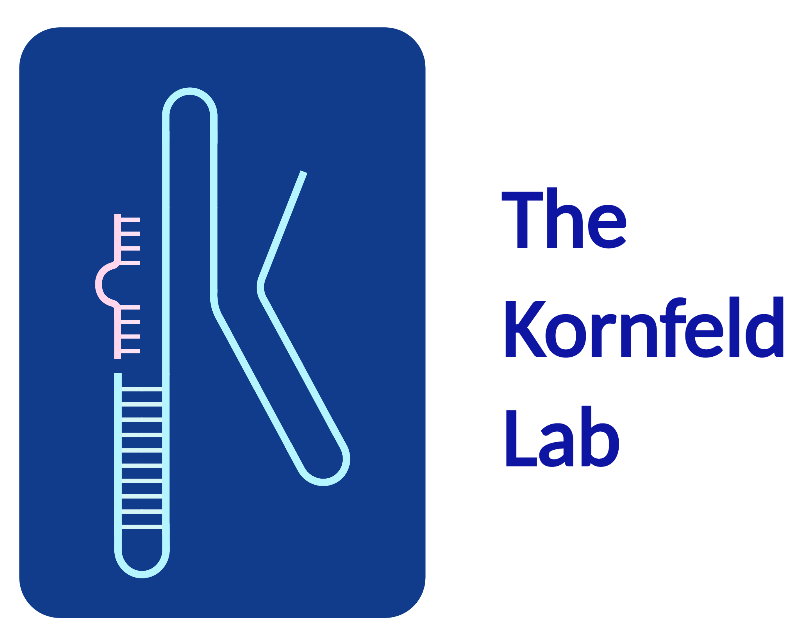Epigenetic Inheritance of Obesity
The observed inheritance of obesity and type 2 diabetes was long thought to be driven exclusively by disease-promoting genetic variation. Epidemiological evidence now suggests that adverse lifestyle in parents affect metabolism in offsprings in a non-genetic manner manner in a process termed ‘intergenerational epigenetic inheritance’.
Intergenerational programming is particularly intriguing when paternal (father’s) lifestyles affect offspring phenotypes, given the (presumably only genetic) contribution of sperm to fertilized zygotes. Rodent studies suggest that metabolic programming involves epigenetic mechanisms like noncoding RNAs and chromatin changes in sperm, yet the molecular mechanisms driving intergenerational programming, which somatic (body-derived) signals affect sperm, and if programming is reversible, remain elusive.
Intergenerational Programming of Metabolic Disease
Performing studies in mice we found paternal obesity to impair metabolism in progeny, whilst weight loss corrected metabolic programming, suggesting paternal health at time of conception to be crucial for intergenerational crosstalk. We now perform next-generation small RNA sequencing, metabolite profiling and computational data integration in lean, obese and weight-corrected mice to define noncoding RNA and epigenetic signatures predicting health in future generations. In addition, we aim to broaden our insight into intergenerational epigenetic inheritance by cataloging the molecular changes occurring in sperm during obesity and weight loss and their correlation with metabolic parameters. Studies in obese mice upon anti-diabetes treatment and comparative studies in non-rodent animal models of obesity will define cross- species biomarkers predicting metabolic health. These biomarkers could be used in the future to counsel obese and diabetic parents undergoing assisted or natural reproduction about advisable times of conception (‘healthy conception’) and short-term anti-diabetic treatment could serve as strategy to mitigate the negative consequences of parental obesity for metabolic health in kids.
Fundamentally, our data suggest a high degree plasticity of male germ cells to sense and integrate adverse metabolic cues in a specific programming period in life (6-22 weeks) in mice. Correction of metabolic dysfunction in this ‘window of opportunity’ mitigates the intergenerational effects of metabolic disease. If corroborated in humans, our research not only suggest that metabolic health at the time of conception is a predictor of metabolic fitness in progeny, but that ‘healthy conception’ can be achieved by intervention approaches (eg. anti-diabetes pharmacology, exercise or weight loss).


